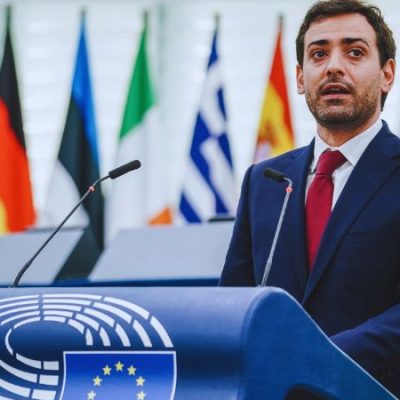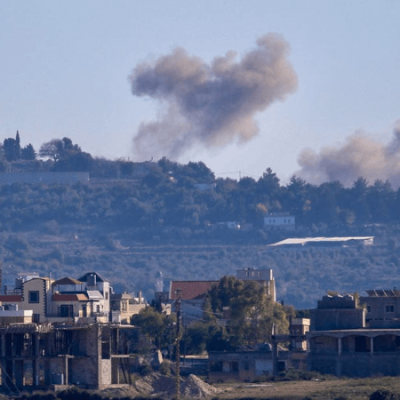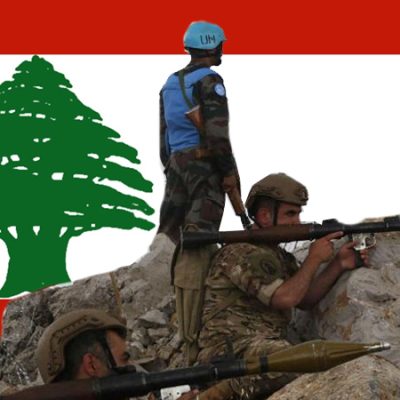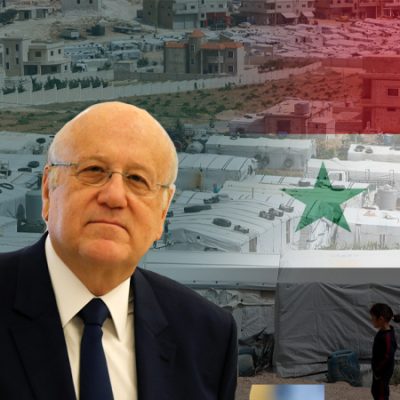Lebanese PM-designate Hariri unveils his cabinet line-up, weeks before Macron’s visit
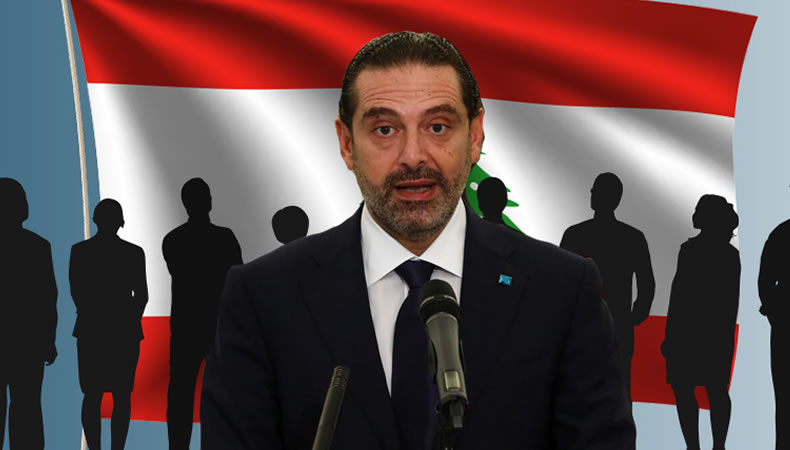
On Wednesday, Lebanon Prime Minister-designate Saad Hariri presented his cabinet line-up to President Michel Aoun, with an attempt to break the deadlock. Hariri’s cabinet included 18 non-partisan experts, and Lebanese PM highlighted that his complete Cabinet line-up was “based on specialisation, competence and without partisan affiliation”. Besides Hariri’s proposal, Aoun also tabled a proposal of his own. The two leaders are expected to discuss the exchanged proposals before “resuming their negotiations in the coming days”.
Hariri unveils his cabinet proposal, weeks before the visit of French President Emanuel Macron, who is expected to visit Beirut on December 21. This would be Macron’s third trip since August, when the country was rocked by catastrophic blasts, which reduced the port city of Beirut to rubble and killed over 200 people. French leader has been proposing for reforms and stable government as the only means for Lebanon to fix its crumbling economy and fetch aid. Macorn emphasised the need for the country to nab its high level of corruption in order to gain financial support from the international community.
A senior political source informed Reuters that Hariri’s cabinet proposal was not backed by major parties of Lebanon as they were not really satisfied with the segregation of portfolio and some names in the list. The source added, “This is not something that could not be overcome.” Lebanon’s unending economic crisis raised calls for resignation of Hassan Diab’s government. Lebanese former prime minister Diab formed the government in January, three months after former prime minister Saad Hariri was pushed down amid nationwide protests triggered by corruption and mismanagement of funds leading to the start of what appeared to be the country’s worst economic crisis. Corrupting still stands as the major challenge for Hariri to run a stable government.
With the basic necessities becoming unaffordably expensive, people of Lebanon have been fearing of suffering from the pandemic of hunger and poverty rather than COVID-19. Their fear is very real as the World Bank warned that the if the ongoing crisis continued, more than half of Lebanon’s population would fall into poverty by 2021.
The country which filed for bankruptcy in March as been struggling to import basic commodities. The Lebanese authorities have introduced cuts in the subsidies on goods including fuel, wheat and pharmaceuticals to keep the economy afloat, but it would only prove to be doubly lethal for Lebanon. The country’s Central bank governor Riad Salameh said Banque du Liban could mange to provide subsidies for only two more months as its foreign currency reserves have already been dwindling.

